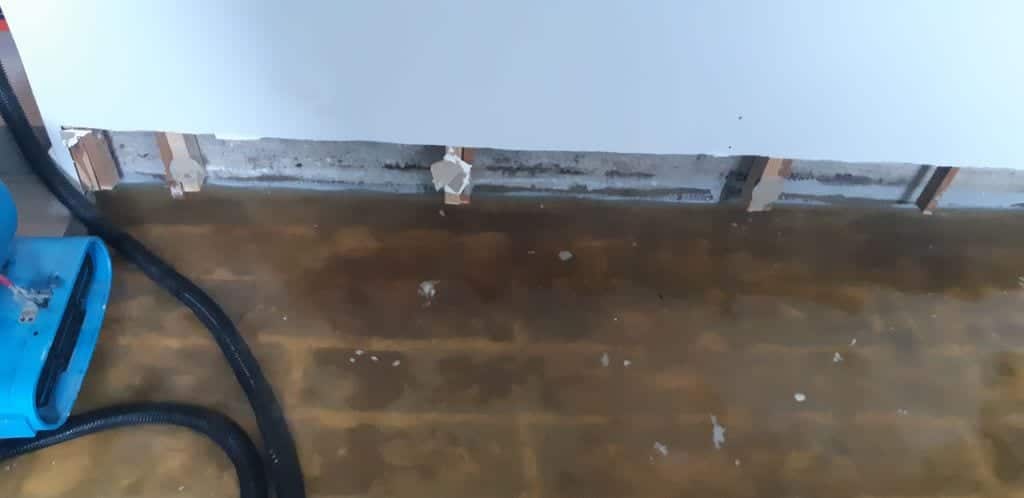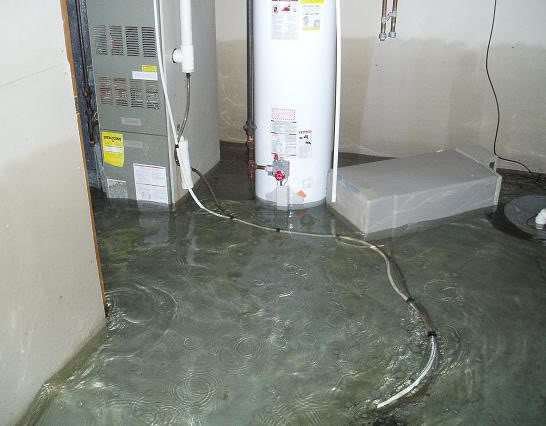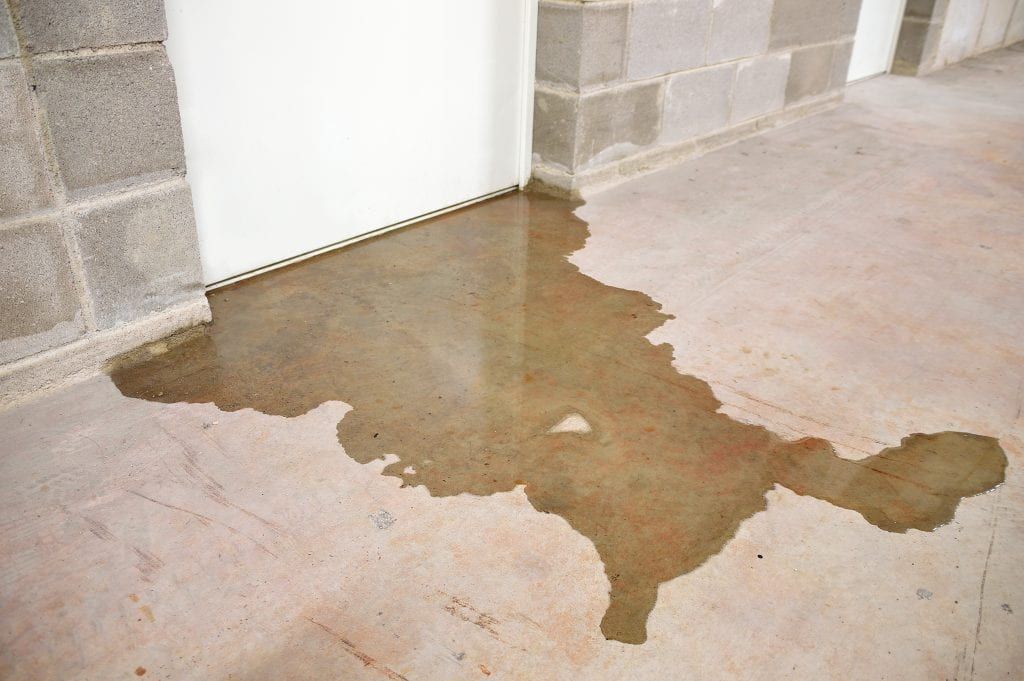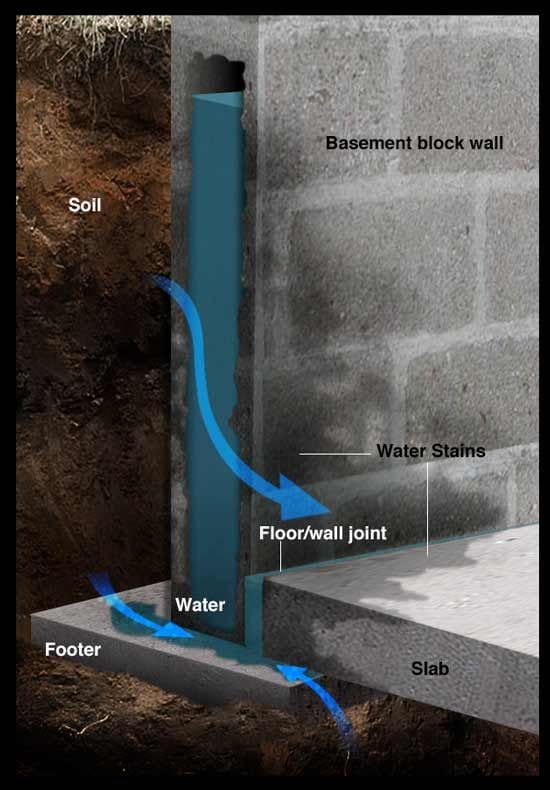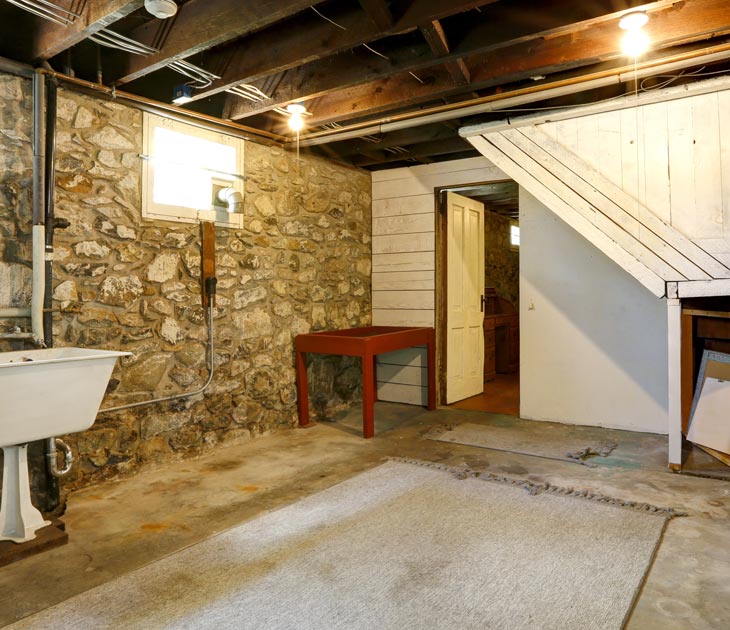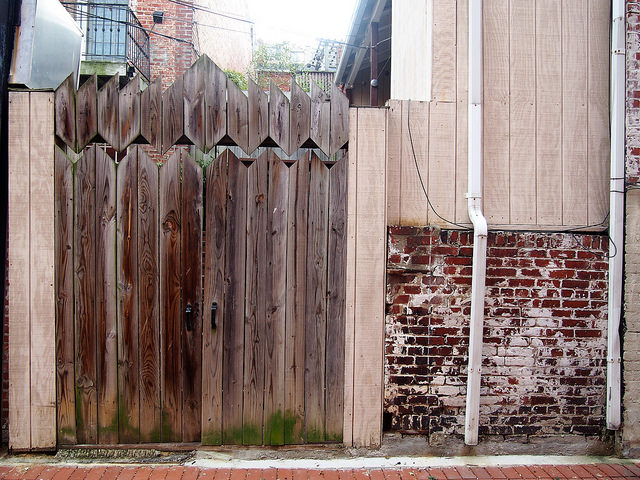The truth is if water is coming from the floor up as opposed to dripping down walls then it is probably due to a subsurface problem.
Water seeping into basement after heavy rain.
It is not a vapor barrier.
Water is forced to the basement by 2 different forms of pressure.
Apply a construction grade epoxy during the months walls remain dry.
Water in the basement after heavy rain is a serious problem.
Determine if the water is along a single wall entirely.
Water seepage in basement after heavy rain 1.
The concrete slowly absorbs water and eventually become saturated to the point where there is no more room left for that water to occupy.
Both hydrostatic and lateral pressure push moisture and water leaks into basement walls and floors.
This usually happens during a heavy rain as the soil saturates the rainwater.
The drylok on the inside is rarely a solution and only blocks some of the water.
This presses against the walls of your basement leading to cracks in the foundation that water can seep through.
The excess water drips into your basement and fills it up.
That is where basement seepage after heavy rain comes in.
During times of heavy rain the discharge of water from your gutters or in extreme cases from the rain itself will cause the soil immediately around your home to expand.
Surprisingly enough the most common causes of basement leaks in heavy rain are from the soil around the home s foundation and not the roof.
How to stop water seepage in your basement step 1.
Subsurface groundwater under hydrostatic pressure is a serious concern and one that cannot be ignored.
Block walls seeping is especially common in basement walls or walls at least partially underground.
Wells especially those without covers can fill up with rain water then leak in through the egress window.
If your basement leaks after heavy rains or after snow melts making sure water is diverted away from your foundation may solve the problem.
If enough water builds up in the cracked mortar it can begin to seep through the wall.
The foundation around your home functions in much the same way.
Review the walls where the water enters the basement.
It s common for the soil alongside your house to settle over time creating a moat that collects runoff and directs it down your foundation wall and into the basement.
Check for cracks in the foundation walls.
Flooding if you live in a flood zone or if there is extreme downpours entire neighborhoods can experience flooding causing basements crawlspaces and even main floors to fill with water.
Where you see the water entering can be miles away from where it comes through the outside as once inside the block.
You might be asking why is water coming up through my basement floor after heavy rain.





